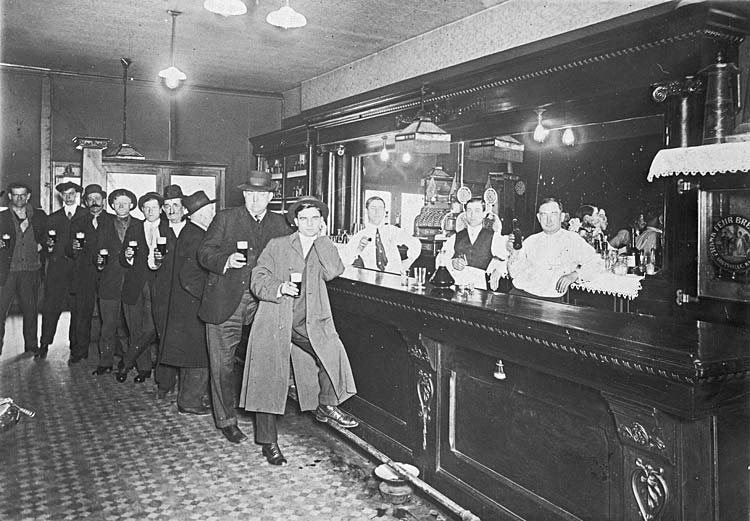In an act approved on March 10, 1894, the legislature provided the mechanism by which "the sense of the people of any county, city, town, district, or precinct may be taken as to whether spirituous, vinous or malt liquors shall be sold, bartered, or loaned therein." The question could be placed before the voters by means of a written petition containing the signatures of a number of voters equal to twenty-five percent of the number of votes cast in the last general election." If approved, violations of the act were to be punished by a fine of not less than one hundred dollars or more than two hundred dollars for each offense. The provisions of the act were not to apply to licensed druggists who could sell liquor to practicing physicians. The physicians, in turn, could prescribe liquor only if "absolutely required as a medicine." In addition, the provisions of the act would not apply to "any manufacturer or wholesale dealer, who, in good faith, and in the usual course of trade, sells by the wholesale in quantities of not less than five gallons, delivered at one time, and not to be drunk on the premises."

As described by an encyclopedia in 1907, local option is the "licence granted to the inhabitants of a district to extinguish or reduce the sale of intoxicants in their midst." Local option regarding alcohol was first used in the temperance movement as a means to bring about prohibition gradually. The Anti-Saloon League initially decided to use local option as the mechanism to bring about nationwide prohibition. Its intent was to work across the country at the local level. Perryville, Kentucky, claims to be the first town in the United States to implement the local-option law. This photograph shows men lined up with drinks inside the Quinn Saloon in the Portland area of Louisville. The saloon belonged to James E. Quinn Sr.'s grandmother. Ohio River Portrait Collection, contributed by James E. Quinn Sr., Kentucky Historical Society Collections.
